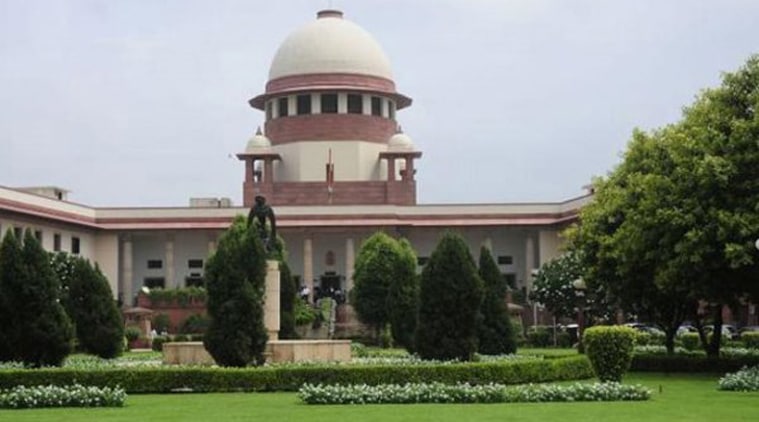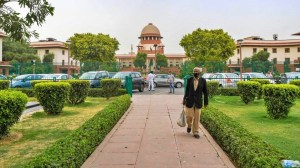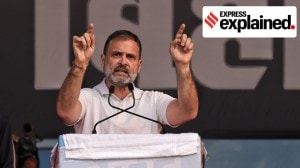- India
- International
Govt not immune, can be ordered to pay damages: SC
Shishodia was arguing for Sancheti Food Products Ltd, a company which had bought three fishing vessels from the government in an auction in 1987.
 Shishodia was arguing for Sancheti Food Products Ltd, a company which had bought three fishing vessels from the government in an auction in 1987.
Shishodia was arguing for Sancheti Food Products Ltd, a company which had bought three fishing vessels from the government in an auction in 1987.
The government is not supremely immune and it can be ordered to pay damages for the wrongful acts of its officers, the Supreme Court has ruled.
Rejecting the Centre’s contention that no suit would be maintainable against it since the acts performed by its officers pertain to the “sovereign power of the State”, the top court has held that there is no such absolute immunity and that the government can well be held vicariously liable for acts of its officers.
This order exposes the government to civil action that can be initiated against it for compensation on account of wrongs suffered by a person due to laxity by its officers. The basic argument, which had shielded the government so far, is that the sovereign power of the State is delegated to its officers and hence, even if there are wrongful acts, government cannot be sued for damages.
[related-post]
But a bench of Justices Ranjan Gogoi and N V Ramana, while expanding the ambit of tortious liability and malfeasance involving the State, has held that the doctrine of sovereignty had to be confined to certain specific areas and that the people cannot be left without remedy only because the wrongful acts were committed by the officers clothed with the executive power.
It cited certain areas such as defence and armed forces, making peace or war, foreign affairs, power to acquire and retain territory, administration of justice, maintenance of law and order and repression of crime, where the immunity can be claimed by the State to ward off suits for damages.The bench was of the opinion that event though the State requires to have special powers, its authority coupled with duty of its officials have to be reconciled with the right of the citizens so that the law can come to the rescue of any person who has been wronged.

The order came as it accepted the arguments by senior advocate Pallav Shishodia, who said the State or a government has to be put on a par with any other juristic legal entity and that an absolute immunity will hamper the rule of law by tilting the scale in favour of the executive.
Shishodia was arguing for Sancheti Food Products Ltd, a company which had bought three fishing vessels from the government in an auction in 1987. But these vessels, awaiting registration by the authority, could not move out to the high sea and were ultimately rendered useless due to bad weather and typhoon. The lawyer adduced large number of correspondences with the department concerned to show how the registration was delayed, eventually leading to destruction of the vessels.
After the Calcutta High Court in 2001 ordered it to pay the company Rs 35 lakh towards compensation and cost of repairs, along with interest, the Centre came in appeal before the apex court and claimed sovereign immunity. It said the suit against the Union of India for the wrongful act of its officers, even if such wrongful act is to be assumed, would not be maintainable. It cited a judgment in 1965 in which the top court held that no suit for damages would lie if a tortious act is committed by its officers while exercising sovereign functions.
Apr 25: Latest News
- 01
- 02
- 03
- 04
- 05







































